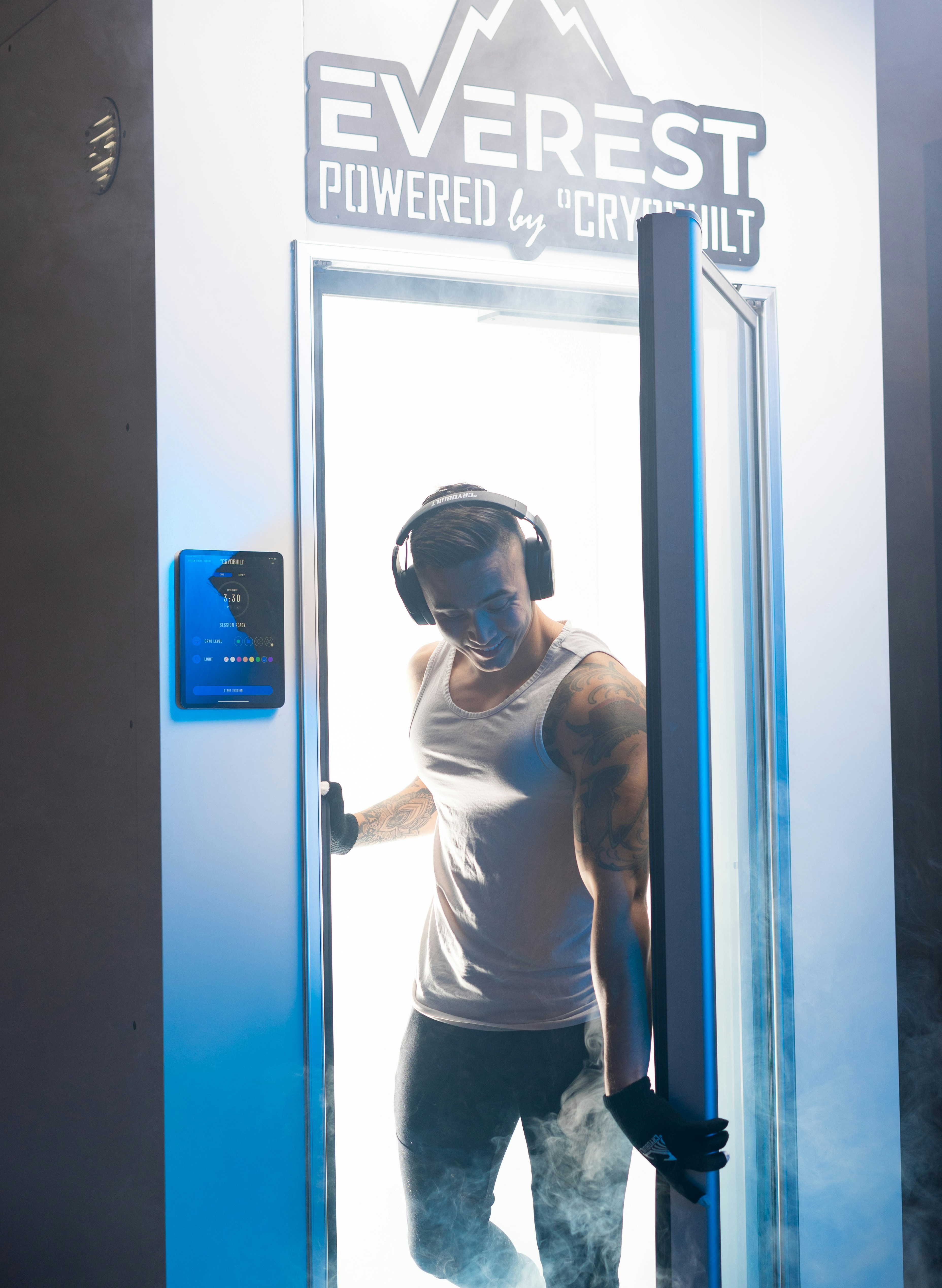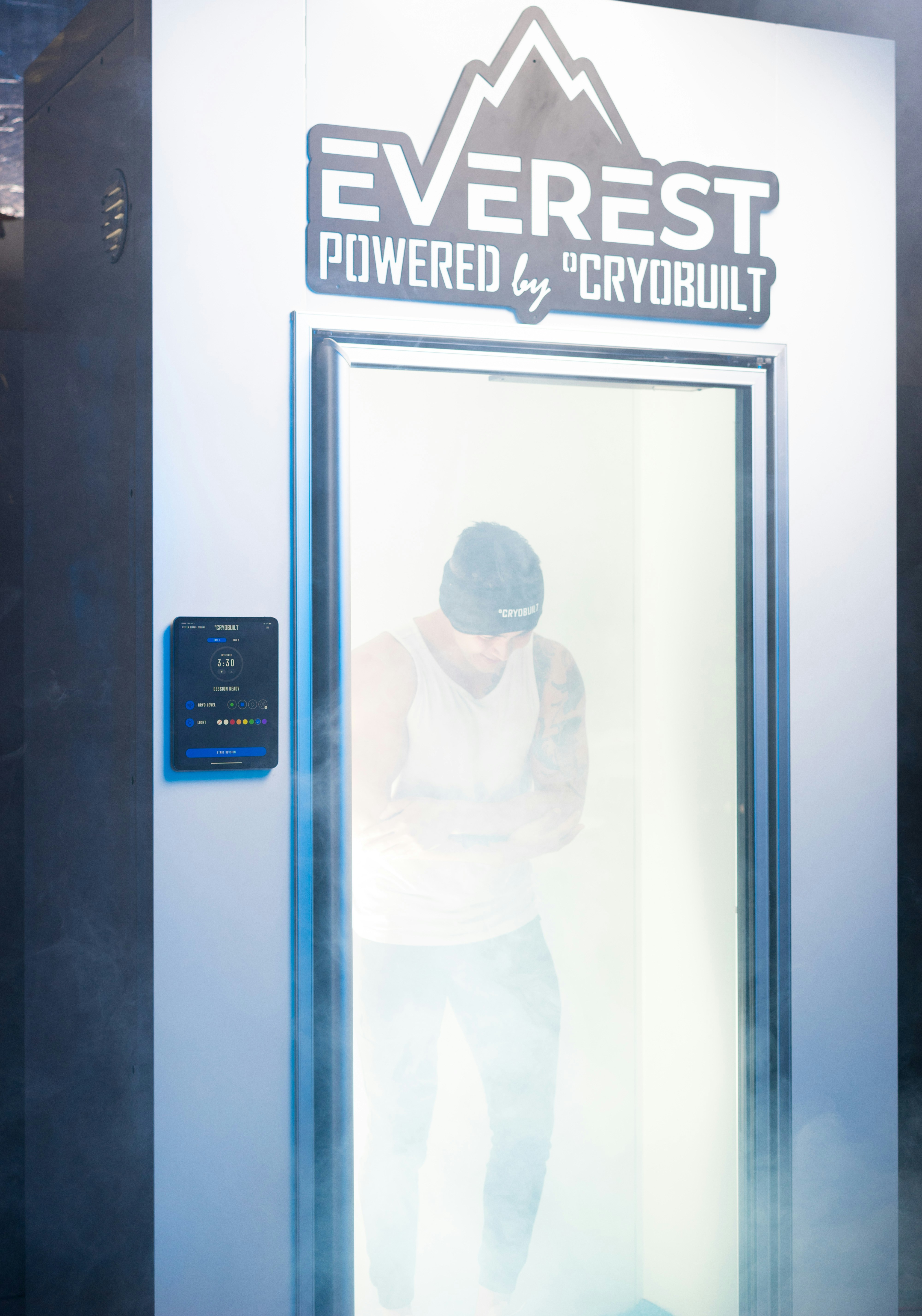Have you ever wondered why a simple plunge into cold water can feel like a reset button for your mood? While warm baths have long been cherished for their comfort and relaxation, cold water therapies are gaining attention for their potential to elevate emotional well-being. This intriguing phenomenon isn’t just a fleeting craze; it’s rooted in science, and it offers a fresh perspective on how we can uplift our spirits naturally.
Understanding the Significance of Cold Water
At its core, cold water immersion involves exposing your body to significantly lower temperatures than it’s accustomed to, whether through swimming in a chilly pool, taking a brisk shower, or even engaging in sports like winter surfing. The sensation of cold water can be shocking at first, but the ensuing experience is both invigorating and calming. But what is it about cold water that makes it so impactful on your emotional health?
The Science Behind Cold Water Therapy
Physiologically, your body responds dramatically to cold water exposure. When cold water hits your skin, it triggers a host of beneficial responses. Your heart rate quickens, your blood circulation increases, and a rush of endorphins floods your system. These changes don’t just affect your physical state; they have a profound impact on your mental state as well.
Cold water therapy has been linked to increased production of mood-elevating neurotransmitters such as serotonin, dopamine, and beta-endorphins. They are often dubbed the “feel-good” chemicals because they are primarily responsible for emotions of happiness, satisfaction, and overall mental wellness. The release of adrenaline also plays a significant role, providing an energy boost and a sense of rejuvenation.
A Natural Approach to Stress Relief
In our fast-paced modern life, stress is almost inevitable. Yet, cold water may offer a natural method to manage and alleviate stress. When the cold hits, your fight-or-flight response is temporarily activated, but unlike chronic stress, which can be detrimental, this controlled stressor can enhance your body’s resilience to higher stress levels. This means that over time, your brain learns to manage stress more efficiently, making you less susceptible to anxiety and tension.
Enhancing Sleep Quality
Sound sleep is often the foundation of emotional well-being. The quality of your sleep can dramatically influence how you handle stress, your mental clarity, and your overall mood. Cold water immersion can aid in regulating your sleep cycle by reducing your core body temperature, making it easier for you to fall asleep more quickly and enjoy a deeper level of rest.
Historical Context and Cultural Perspectives
Cold water therapy isn’t a novel concept. It’s rooted in a rich history of traditional practices from various cultures, extolled for its holistic benefits long before scientific studies began to examine its effects.
Ancient Practices
In Ancient Rome, people indulged in a series of hot and cold baths as a ritual for promoting physical and mental health. Fast forward to Nordic traditions, and you find “friluftsliv,” the practice of embracing outdoor life, which often included swimming in cold waters, illustrating a long-standing belief in the rejuvenating qualities of nature.
Modern Reincarnation
Today, cold water therapy is re-emerging as a popular trend in the form of ice baths, cryotherapy, and cold showers. Enthusiasts argue that while the methods may have modernized, the underlying benefits remain timeless, securing cold water a spot in contemporary wellness rituals.
The Physical Benefits Beyond Emotional Health
While our focus is on the emotional impacts, it’s essential to understand the intertwined relationship between physical well-being and emotional balance. The physiological improvements brought on by cold water exposure also contribute directly to mental health.
Boosting Immune Function
Regular cold water exposure has been shown to enhance the immune system. This boost in immunity means fewer sick days, which translates to a more consistent emotional state, as physical illness is often tied to mental and emotional strain.
Improved Circulation
Cold water immersion invariably enhances the efficiency of your cardiovascular system. The capillaries, veins, and arteries contract and expand more effectively, supporting better blood flow throughout your body. Proper circulation ensures that nutrients and oxygen reach every cell, aiding in the optimal functioning of both body and mind.
Pain Relief and Reduced Inflammation
Many athletes use ice baths as a method for recovery. The cold helps reduce inflammation and numbs nerve endings, offering temporary pain relief. This not only benefits the body but also provides more emotional energy to focus on everyday life, rather than on discomfort.
The Mental Benefits: Clarity, Concentration, and Endurance
The rushing cascade of cold water doesn’t just refresh the body but sharpens the mind. This might be why so many who practice it report better cognitive function and mental stamina.
Enhanced Mental Clarity
Moments after immersion in cold water, many people describe a sensation of mental fog lifting. The shift in clarity allows for sharpness in thinking and an acute awareness that persists beyond initial exposure. This mental state not only aids productivity but also provides an improved framework for processing emotional experiences.
Building Mental Endurance
The regular practice of cold water exposure can also bolster your mental grit. Adapting to cold water challenges your mind to step beyond comfort zones. Over time, it can enhance your ability to endure stress and adversity, making everyday challenges seem more manageable.
How to Safely Incorporate Cold Water into Your Routine
Cold water therapy should be approached thoughtfully, especially if you’re new to the practice. The key is gradual exposure and consistent practice.
Starting Slowly
Begin with cooler showers for short durations, gradually lowering the temperature over time. Your body will acclimatize, allowing you to extend your exposure safely. Always listen to your body and never push beyond comfort.
Consistency Is Key
Integrate cold water immersion into your routine steadily; see it less as a challenge and more as a practice. Consistent exposure, even in mild forms, is often more beneficial than sporadic, intense bursts.
Ensure Safety First
Consult a healthcare professional prior to beginning if you have cardiovascular concerns or other health issues. It’s also wise to avoid extreme exposure alone, ensuring you have support if needed.
Personal Stories of Transformation
Personal anecdotes further enrich the understanding of cold water’s impact on emotional well-being. Here’s how certain individuals have derived benefit from integrating cold water exposure.
| Name | Experience | Outcome |
|---|---|---|
| Anna | Used cold showers to combat anxiety during lockdown | Reported a decrease in anxious thoughts and an increase in mood stability |
| Mark | Followed a regimen of cold-water swims to aid recovery from surgery | Found rapid recovery and mood improvement |
| Elise | Integrated cold water therapy in her wellness routine for better sleep | Enjoyed improved sleep patterns and felt more rested |
These stories illustrate the breadth of experiences and benefits, showing that through varying methods, cold water can be a powerful tool in improving emotional health.

Debunking Myths and Addressing Concerns
As promising as cold water therapy sounds, it’s natural to have reservations or face misconceptions about it.
Myth 1: Cold Water Is Always Harmful
While it’s true that prolonged or extreme exposure can be dangerous, controlled and gradual immersion typically garners positive results. Thus, it’s essential to proceed with caution and awareness.
Myth 2: It’s Only for Extreme Athletes
Although ice baths often make headlines within the athletic community, cold water therapy is accessible to everyone. Simple cold showers can provide subtle yet effective benefits, with minimal time and equipment required.
Genuine Concerns
For some, sudden cold exposure can trigger an intense response that might be uncomfortable or even alarming. Therefore, it’s vital to understand your comfort levels and consult with health professionals if you have underlying medical conditions.
Embracing the Journey: Final Thoughts
By incorporating cold water into your lifestyle, you’re not just embarking on a health trend but nurturing a deeper connection with both your body and mind. This natural therapy promotes resilience, clarity, and emotional balance—a trifecta that supports a harmonious, enriched life. While cold water therapy may not be a cure-all, its multifaceted benefits make it a compelling complement to modern wellness practices. Your journey to emotional well-being can be as refreshing and expansive as the waters themselves.





